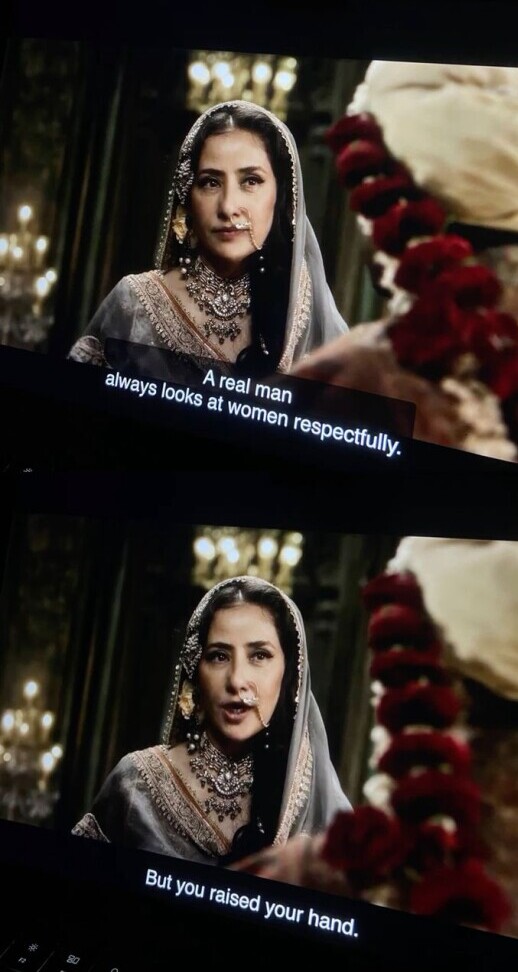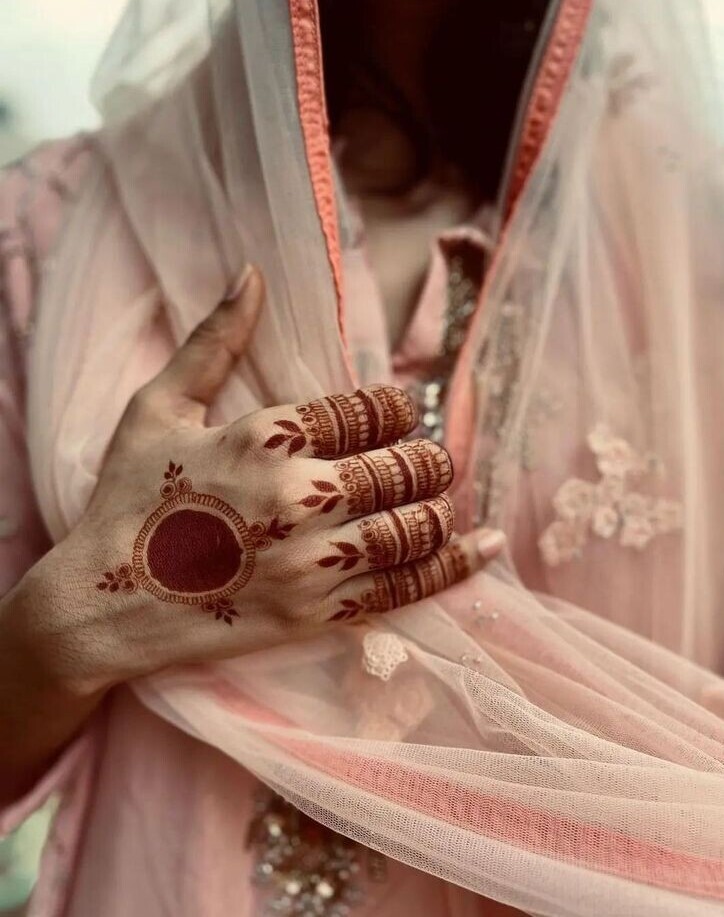Breaking Barriers: South Asian Women Leaders In Justice And Activism

There’s no denying the impact of South Asian women in the legal world, even though it hasn’t come easy. The journey of these women is filled with perseverance and grit, breaking molds and setting new standards in a field historically dominated by others.
Historical barriers were plenty: cultural expectations, limited access to education, and racial biases. Yet, many found ways to break through these walls. Let’s talk about some of these amazing women who paved the way.
Imagine being Bharati Mukherjee, one of the first South Asian women to become a judge in the United States. Her legacy isn’t just about the cases she handled but also the doors she opened for others. Or take Vanita Gupta, whose work in civil rights has made her a key figure in the fight for justice. These women didn’t just push boundaries; they redefined them.
Their impact is far-reaching. They’ve inspired a new generation of South Asian women to step into law with confidence. The ripple effect isn’t confined to the legal community alone; it influences societal norms and expectations.
For those dreaming of following in their footsteps, education is key. Many of these leaders benefited greatly from mentorship and specialized educational paths. Aspiring lawyers and judges should seek mentorship programs and scholarships that support diversity in the legal profession. These opportunities offer more than financial aid; they provide a network of support and guidance from those who’ve been there and done that.
Voices for Change: South Asian Women in Activism and Social Justice

South Asian women aren’t just influencing the legal field; they’re also driving forceful change in activism and social justice. In a world where being heard can be a struggle, these women use their voices to advocate for what matters. They’ve spun their unique blend of cultural heritage and modern-day challenges into a tapestry of impactful activism.
Meet Malala Yousafzai, who, despite facing violence, fights for girls’ education globally. Or Arundhati Roy, an author and activist who never shies away from critiquing injustices. They’re living proof that South Asian women can lead movements and inspire change on a global scale.
The road to activism isn’t without hurdles. South Asian women often juggle societal expectations with their activism. Cultural norms can be both a source of strength and stress, and navigating these dual pressures takes resilience. Standing up for beliefs can sometimes mean standing against one’s own community, making their journey even more complex.
Yet, their influence is undeniable. From grassroots to global stages, these women spearhead campaigns that challenge societal norms and fight for human rights. In local communities, they’re often the ones addressing issues like domestic violence, women’s rights, and educational disparities. Globally, their advocacy reaches critical socio-political platforms.
Consider the case of Rajni Perera, whose art and activism intersect beautifully, or Harnidh Kaur, a poet and social media activist. Their work resonates, especially with younger audiences who see them as relatable and inspiring.
If you’re aiming to carve out a path in social justice, take a leaf out of these activists’ books. Understand the issues you’re passionate about and look for mentorship and collaboration opportunities. Build networks with other activists and leverage social media to amplify your message. Your voice matters, and the digital landscape is a powerful tool to reach a broader audience. Remember, activism starts with small steps but has the potential for a large impact.
